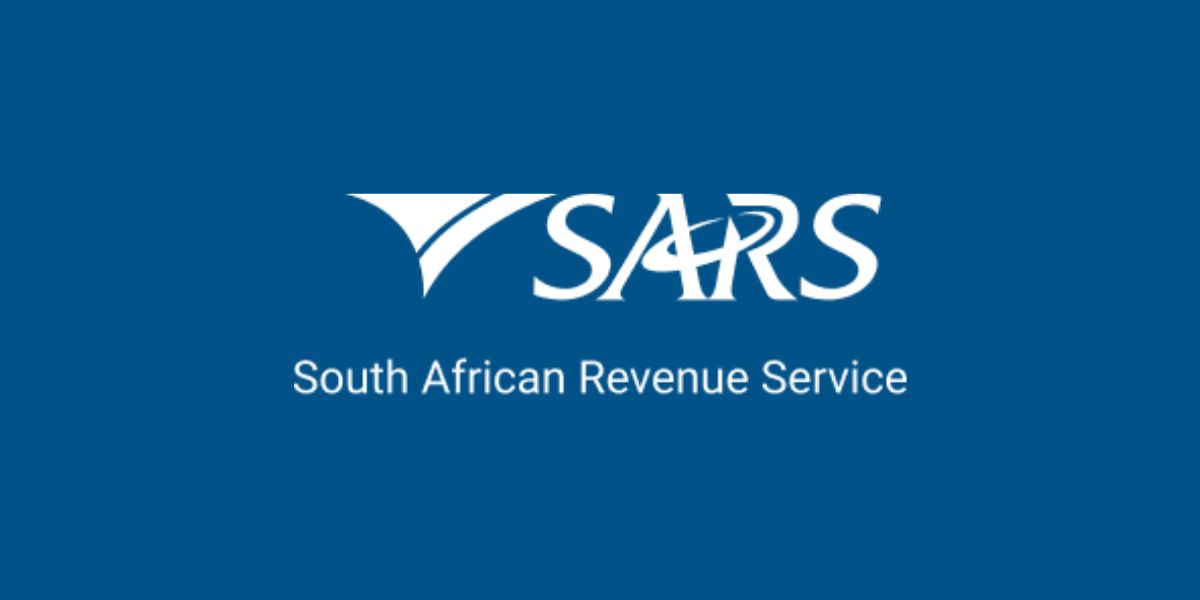The South African Revenue Service (SARS) has issued a revised edition of its Tax Guide for Share Owners, which provides general guidance on the tax consequences of holding shares as trading stock compared to holding them as capital assets. The Guide also gives general advice on how to distinguish between profits of a capital and revenue nature using common law principles and statutory rules; the determination of a taxpayer’s liability for capital gains tax (CGT); how dividends are taxed; and various corporate actions that can impact on the determination of a person’s liability for tax.
The guide makes it clear that the intention of the taxpayer is the most important factor in determining whether a particular profit or loss should be treated as a revenue transaction.
SARS has noted that in recent years an increasing number of South Africans have become share owners. With interest rates at their lowest levels, investors have turned to participation in the stock exchange to generate inflation-beating returns, either directly through share ownership or indirectly through collective investment schemes. The proliferation of broad-based employee share incentive arrangements is also said to have contributed to share ownership among South Africans.
The Guide summarizes some of the key aspects shareholders need to be aware of in computing their liability for income tax and CGT. It is primarily aimed at resident individuals who own shares in their own names. However, many of the principles covered can apply equally to companies and trusts. Non-residents are generally not subject to CGT on the disposal of shares except shares in companies holding immovable property in South Africa. The Guide therefore has limited application to these persons. Any gains made on the disposal of shares held as trading stock will be of a revenue nature and subject to income tax at a taxpayer’s marginal tax rate. By contrast, if a share is held as a capital asset (that is, as a long-term dividend-producing investment) any gain upon its disposal will be of a capital nature.
Capital gains are subject to tax at a lower effective rate than income gains. It is also pointed out that, apart from a continuous three-year holding rule after which shareholdings are always deemed to be of a capital nature, there are no objective rules to distinguish between amounts of a capital and revenue nature. This task has been left to the South African courts, which over many years have laid down guidelines for making this distinction – the intention of the taxpayer is often the most important factor. However, it is emphasized that the onus is still on the taxpayer to prove that a particular amount is of a capital – rather than revenue – nature.













